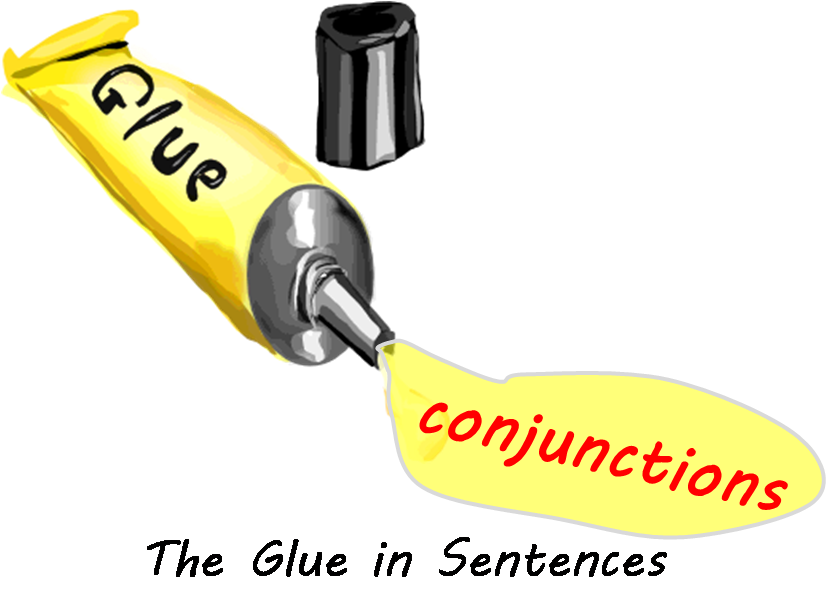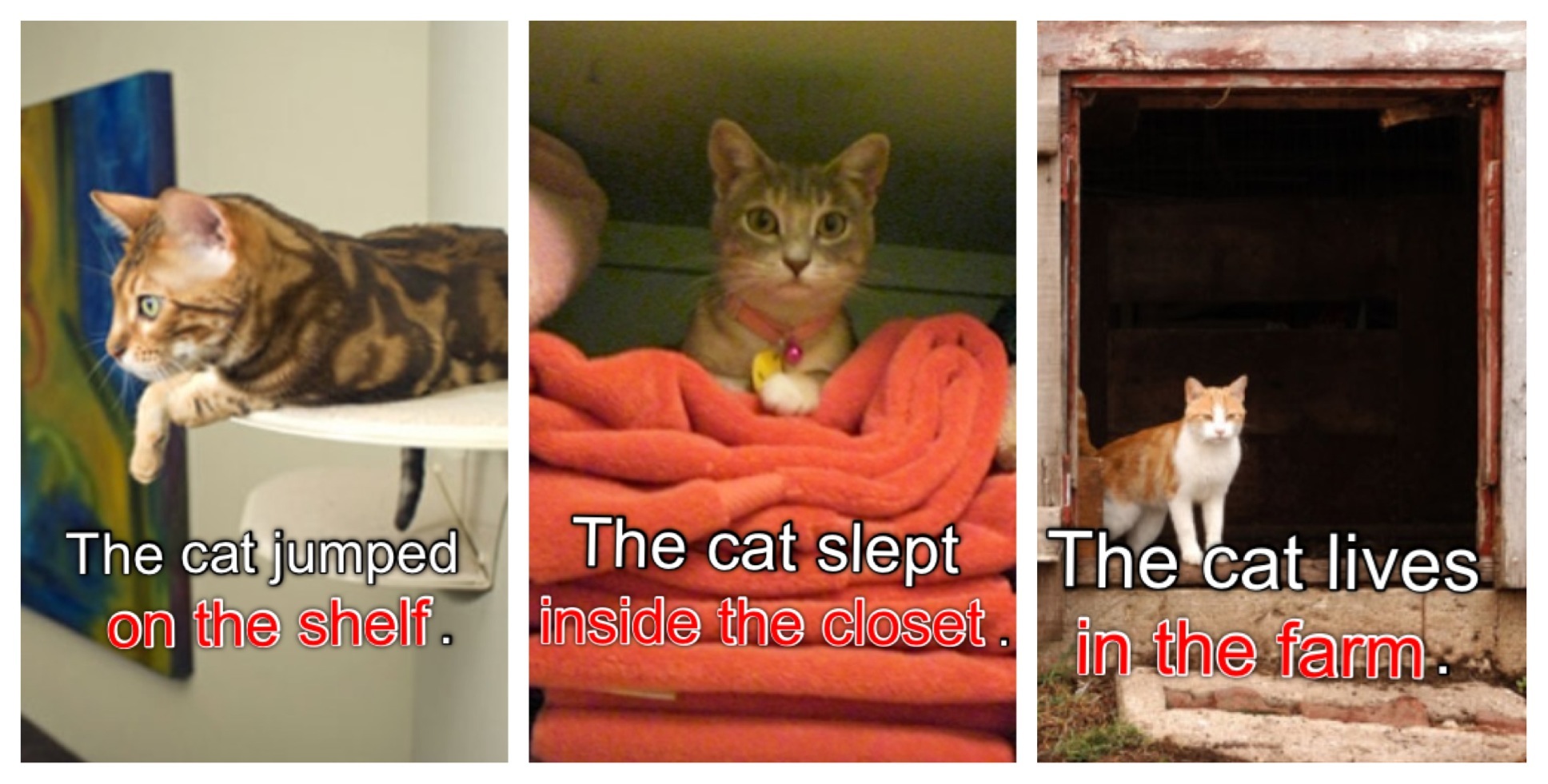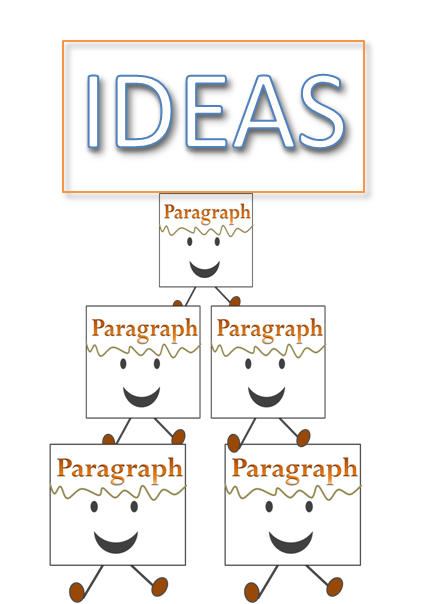I WANT TO BECOME A WRITER
There is one thing that all successful musicians and writers, from Jules Verne and J.R.R. Tolkien to Dan Brown and J.K. Rowling, Isaac Asimov and Stephen King, have in common: They have written.
This statement may seem simple at first sight, but it is not so if we take a closer look. If what you want is to know how to become a professional writer, a successful writer that can make a living from the profession, I know the formula: write.
Let’s break it into steps: first you need to write a novel, then you need to sell it to a publisher (or self-publish it), you need to wait for readers to massively purchase it, and, that is it. There are people that spend years saying they want to be writers and do not commit to achieve that dream, they do not complete any work of acceptable quality. In order to be a writer you need to complete the cycle, with the huge effort this entails; unless you are in the 1% that just sits to write and a master piece comes pouring out of your fingertips, with no need to edit and your best friend works for one of the most important publishing houses and is begging for a manuscript.
Jokes aside, let’s come back to what we are at: Most writers in the making are tempted to skip important stages in the process of writing a novel, and just devote to write with an idea of plot in mind waiting for inspiration to take them to the right path. It is a complete waste of time; I speak from experience.
The romantic notion of a writer that decides to write a novel and sits in front of a blank piece of paper to write, writes (by hand, with a typewriter, with a computer, or whatever means), and ends up with a solid touching story with the words THE END, needs to be cast aside.
Writing a novel is not an isolated event, it is a particularly long and complicated process. In order to stand out as a writer or even not to give up in the middle of the career as more than 90% of people who dream with becoming a writer do, the project needs to be prepared such as a large building that needs to be constructed (architecture analogy necessary).
Basically, it all comes down to three things:
Constant motivation. This is what will compel you to sit behind a desk day after day, even when things are taking you towards a different direction.
Professional attitude. Writing will no longer be a hobby. It is a business (do not fool yourself, it is). In order to face it as such, you need to responsible, determined, and executive. That is the difference between a writer and someone who writes for the like of it.
Creative production. In case the previous point sounded too much on the marketing side, this one ensures that the artistic side of your personality develops and bears concrete gains.
Let’s extend further on these concepts:
1. Becoming a writer requires constant motivation.
There are a couple of questions that we need to respond in order to explain this point. The first one is:
Why do I want to become a writer?
It is obvious that writing a novel, with an acceptable quality as to be published, takes time and effort. Even though it is a fun job, that releases our creativity and knowledge, and turns out to be very fulfilling in the end, you need to be sure that there will be difficult times.
So, why bother becoming a writer? What do you want to accomplish with it?
If the answer is “money”, think again. It is perfectly possible to make money writing novels, many have done it; but this will probably not be the best motivation to write. The results will not be visible immediately and the enthusiasm will decay when seeing not only that cash is not coming in, but also that you need to invest in this project a great portion of what you have in the means of time and resources.
Achieving success by yourself. Triumphing with the product of your creativity. These reasons are something different: Emotion is a great motivational and it is easy to get excited with a project that is keeping you true to yourself, to the way you do things, and to your desire to express yourself.
It is hard to maintain motivation if you do not follow your heart and intuition; that is why you need to write with absolute honesty. It all comes down to writing the novel we want instead of the novel we think we need to write. When we write with genuine honesty, to show whoever reads how we see the world, becoming writers will be the natural step, the necessary step.
We need to be the best writer our novel can have. This is a modest advice, but that is the reason why it can be easily overlooked when hurrying into writing.
The second question, which I assume everybody who wants to get into this world wonders, is:
Do I have what it takes to be successful as writer?
Every aspiring novelist needs to know the answer to this. After all, if you doubt your own talent to write, how will you face a difficult chapter, after the initial enthusiasm has faded?
This is when many novelists give up on their dreams.
However, it is different if we believe in our talent and have the confidence needed to keep going when the muses are not coming to aid and we are hitting a bump (and all writers have been through this, even the most experienced ones).
Before answering this question, you may want to take a quick look at this article: What is true and what is false about writing novels.



